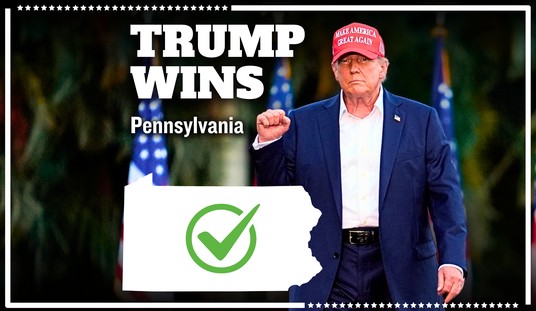Alternate headline: Biden administration recruiting heavily in Colorado and Washington. As Joe Biden’s team accelerates its hiring process to fill hundreds of positions in the administration, they have come across a new and growing problem. State-level legalizations of marijuana have made it difficult to hire people into positions requiring top-secret security clearances.
For now, the White House has begun waiving clearance requirements to get around the problem, at least in some cases:
The Biden administration is issuing new guidelines Friday meant to address an unexpected hurdle it faced as it aimed to quickly fill key White House positions: recreational marijuana use.
Though marijuana use is legal in a growing number of cities and states, it’s still illegal under federal law and is therefore a potentially disqualifying factor in obtaining security clearances. Transition officials quickly identified recreational marijuana use as a potential hurdle for applicants, especially younger ones, in meeting that requirement.
After what one official described as “intensive consultation with security officials” and the Personnel Security Division, the White House will now, on a case-by-case basis, waive a requirement that potential appointees in the Executive Office of the President (EOP) be eligible for a “Top Secret” clearance. Officials said a waiver would only be granted to those who have used marijuana on a “limited” basis and who are in positions that don’t ultimately require a security clearance.
Presumably, this problem involves more than just a drug test, which almost certainly won’t be waived. The problem relates to the federal status of marijuana – its use remains illegal at any time, which creates all sorts of problems in getting clearances. Needless to say, that’s especially true for top-secret clearances, with investigations that tend toward the proctological anyway.
Unfortunately, waiving the clearances won’t solve that problem. In the first place, it’s going to be impractical to have many uncleared personnel in these work spaces. Any classified material in those areas would force them to exit unless it could be sequestered somehow, which would be awkward to do on an ad hoc basis. Not everything a White House does requires classification — and much of it probably is already over-classified anyway — but obviously, a good deal of it should be restricted to reliable personnel only at some level. If an employee candidate can’t pass a security clearance on the basis of prior drug use, they’re a security risk, period, at least as long as marijuana remains a Schedule 1 drug. That’s going to be a potential extortion point, one reason why we demand those clearances for sensitive positions in the first place.
There are only two long-term solutions to this, which would either be (a) continue to disqualify anyone who has used marijuana, or (b) legalize marijuana at the federal level and make it a non-issue in clearances. If (a) really is unworkable, that doesn’t speak well to our cultural judgment, but we can lament that reality all we want without changing anything. That leaves the Biden administration with (b), a move that we expected from the Obama administration (thanks to the president’s personal experiences) but which never materialized. Otherwise, they’re stuck with this weird parallel to don’t-ask-don’t-tell, which is going to be all but unworkable in anything but the shortest term.







Join the conversation as a VIP Member